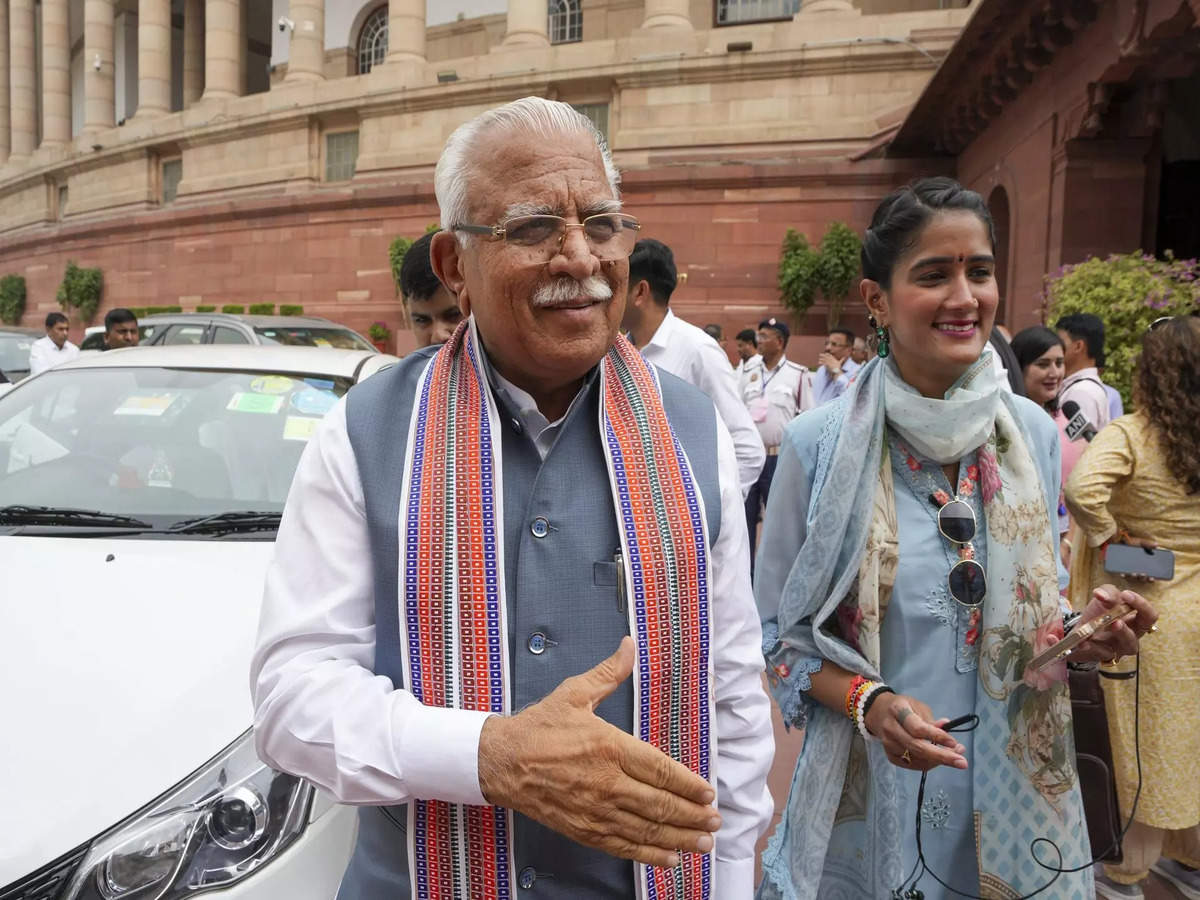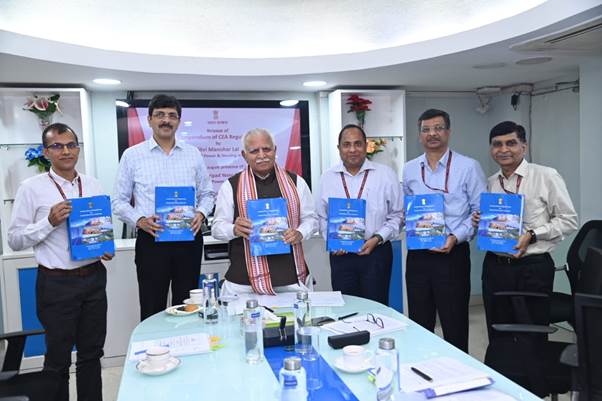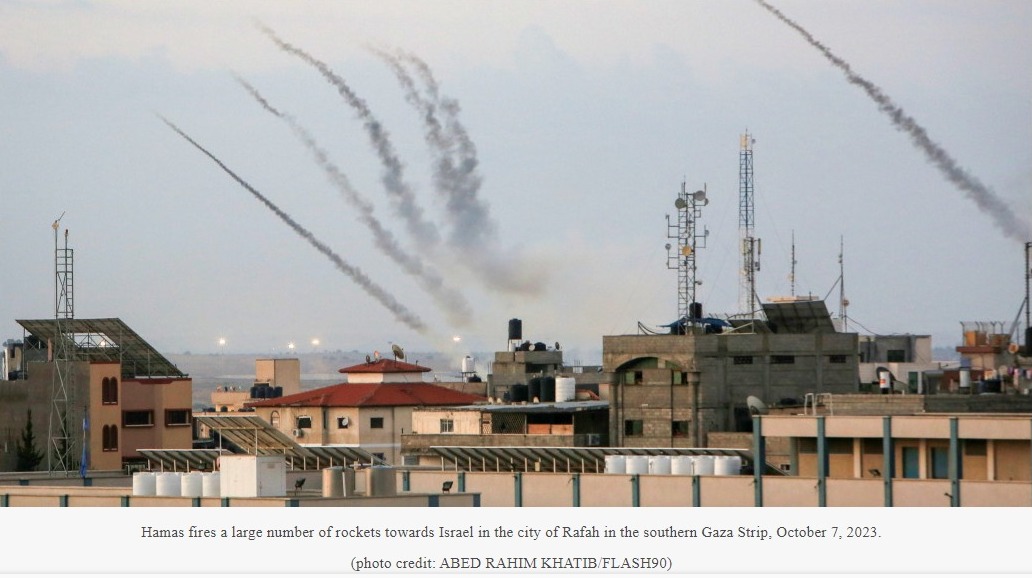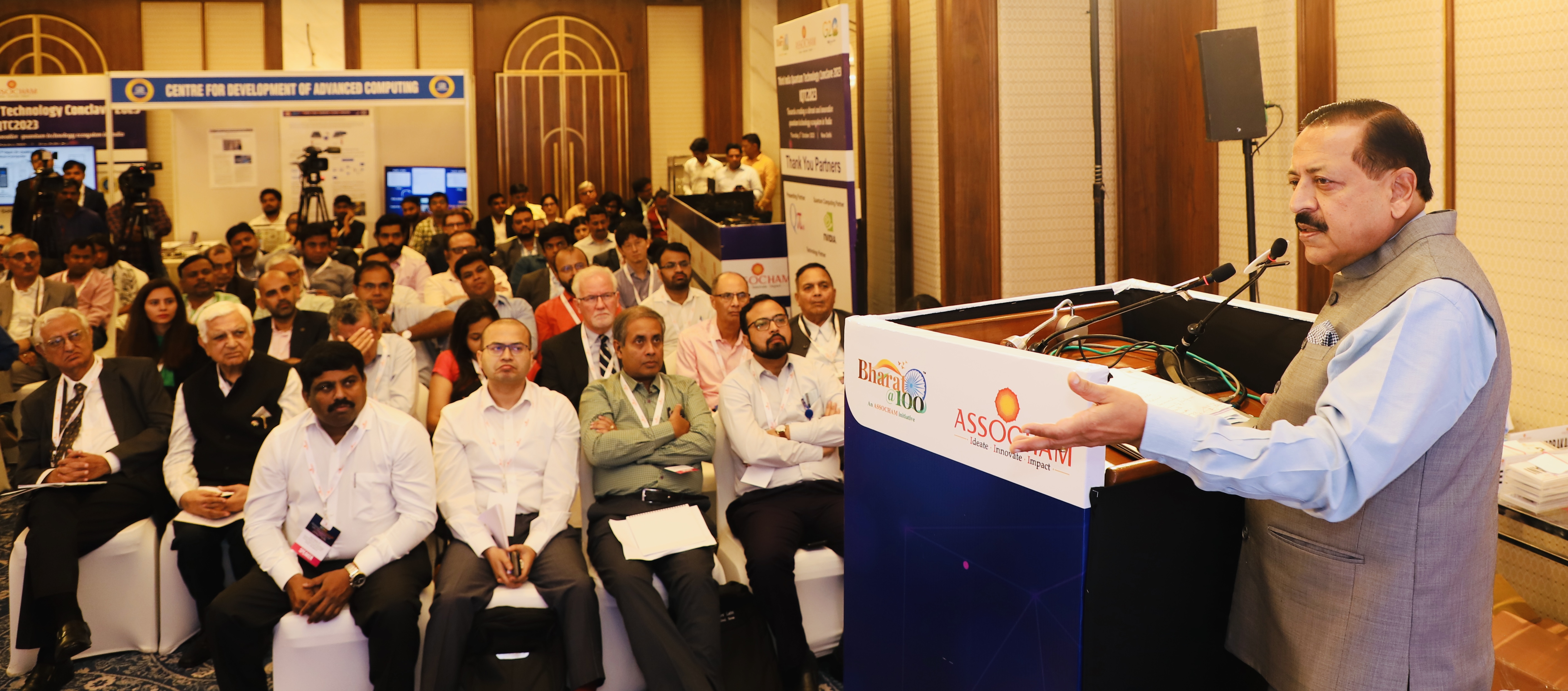In a significant move toward streamlining India’s power sector, Union Minister of Power and Minister for Housing and Urban Affairs, Shri Manohar Lal Khattar, launched a comprehensive compendium of regulations by the Central Electricity Authority (CEA) under the Electricity Act, 2003. The launch event, held in New Delhi, is a key milestone in efforts to enhance transparency and efficiency in the country’s electricity management.
 The CEA regulations, which cover a broad spectrum of areas including grid standards, safety measures, and grid connectivity, serve as a critical framework for electricity generation, transmission, and distribution across India. The compendium brings together these essential guidelines in one place, aiding stakeholders in ensuring compliance and promoting a stable, safe, and sustainable electricity ecosystem. The regulations are especially relevant as the nation transitions toward integrating more renewable energy into the grid.
The CEA regulations, which cover a broad spectrum of areas including grid standards, safety measures, and grid connectivity, serve as a critical framework for electricity generation, transmission, and distribution across India. The compendium brings together these essential guidelines in one place, aiding stakeholders in ensuring compliance and promoting a stable, safe, and sustainable electricity ecosystem. The regulations are especially relevant as the nation transitions toward integrating more renewable energy into the grid.
Speaking at the event, Minister Khattar emphasized, “The release of this compendium is a significant step toward uniformity and transparency in India’s power sector. This resource will be invaluable in providing a centralized source of information, making compliance easier for all stakeholders.”
Key Highlights of the CEA Regulations Compendium:
- Grid Standards: Outlines the standards for grid operation and maintenance, covering voltage, frequency, system security, and integration of various energy sources.
- Technical Standards for Grid Connectivity: Specifies requirements for connecting generating stations, including renewables, to ensure stable and smooth grid operations.
- Safety and Electric Supply Measures: Offers guidelines for ensuring the safety of the public, workers, and equipment during electricity generation, transmission, and distribution, with added safety protocols for electric vehicle charging stations.
- Safety Standards for Electrical Plants and Lines: Sets forth safety measures for the construction, operation, and maintenance of electrical installations, including recent amendments requiring safety audits and early warning systems in hydro projects.
- Flexible Operation of Coal-Based Thermal Power Units: Enables coal plants to operate flexibly with minimum power levels of 40%, supporting grid stability as renewable energy sources expand.
- Installation and Operation of Meters: Standardizes metering practices to improve billing accuracy, reliability, and transparency.
- Submission of Statistics and Information: Mandates regular data submissions on electricity generation, transmission, and distribution for CEA analysis.
- Technical Standards for Communication Systems: Enhances grid operational efficiency through improved communication and real-time monitoring.
- Technical Standards for Electrical Plant and Line Construction: Details design, construction, and maintenance standards to ensure safety and reliability.
The compendium is poised to be a crucial resource for policymakers, developers, and operators, providing consolidated information that supports adherence to the highest standards in India’s electricity sector.




